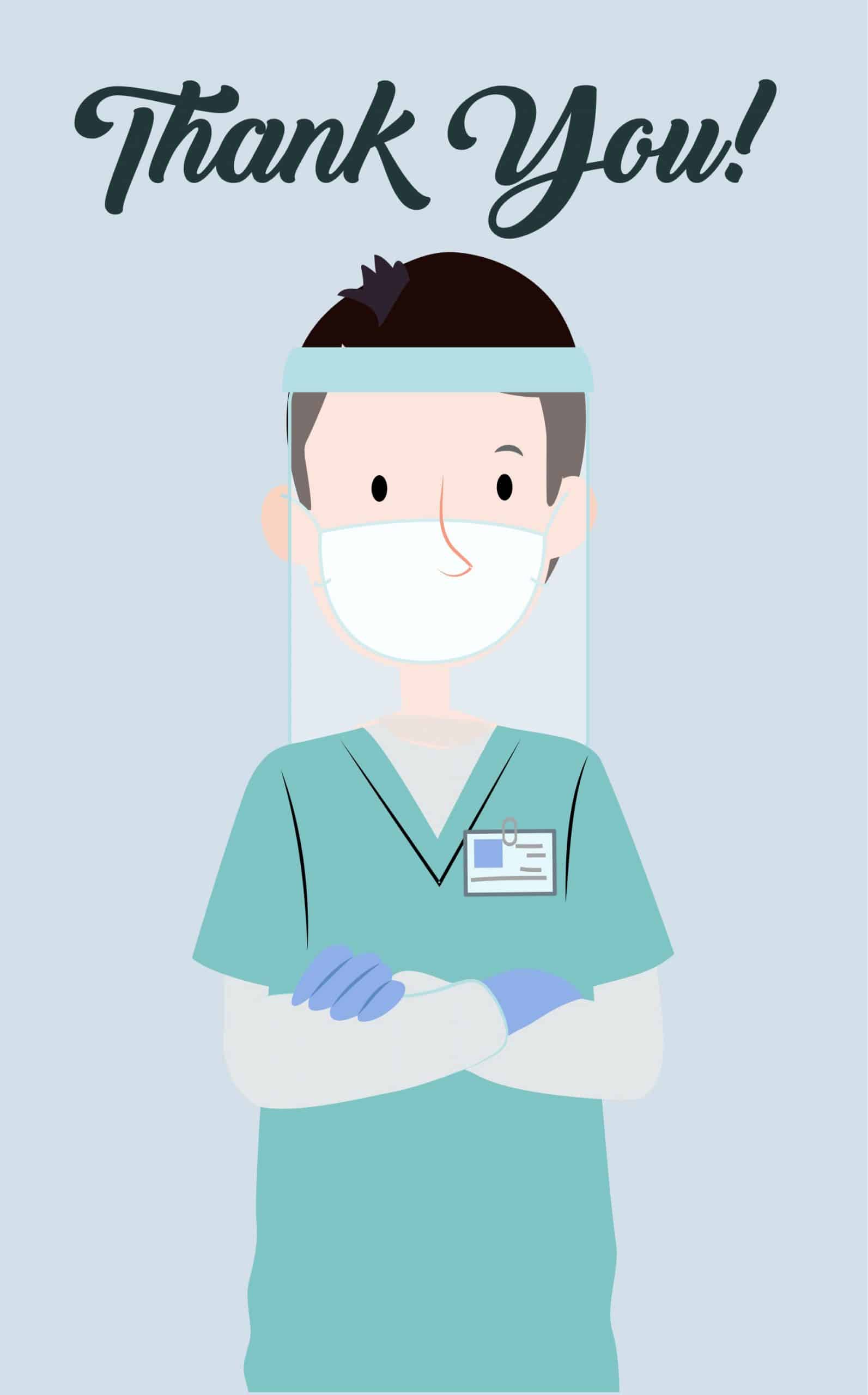
Nurses Can Help Ease the Transition to End-of-Life Care
With National Nurses Day on May 6 and National Skilled Nursing Care Week on May 8 through 14, it’s as good a time as ever to talk about the benefits of nurses and how they can help ease the transition to end-of-life care. If you have a loved one in end-of-life care in Alameda County and elsewhere, you know how much you rely on them for daily help, advice, and a shoulder to lean on.
Nurses are a key element of any hospice care team, acting as the go-between for the family and patient as well as the doctors and other members of the hospice team. They interpret test results and directives from doctors, putting it all in easy-to-understand terms for the family. Nurses are a valuable source of input in terms of patient care, affecting all levels of comfort and communication. Their expertise in pain management, paired with their counseling skills and compassionate listening skills, help to promote the highest quality of life for both patient and family. They are the gentle touch, the endless encouragement, the soft voice that doctors and other clinicians can’t always give.
What Hospice Nurses Do: The Transition
Transitioning from palliative care to end-of-life care is never easy on families. Nurses are the advocates who guide them every step of the way. The role of the nurse in all this is to provide compassionate daily care while being an educator and advocator for patients. They can also encourage reflection on the implications of end of life, points out the NIH. It’s important for patients and families to come to terms with impending death while maintaining their dignity. Nurses keep patients and families included in discussions on how to ensure that dignity remains intact while improving their quality of life. They enable conversations about the end of life very early on so there are no surprises.
As part of hospice care, hospice nurses are always on the go with hands-on nursing care ’round the clock. They manage pain and other discomforting symptoms, assisting in the process of the death transition with dignity. Sometimes they even have to make cultural assessments, adjusting the administering of care accordingly. That’s because they know every patient brings a unique perspective toward end-of-life needs.
Hospice nurses handle daily tasks after welcoming the patient into end-of-life care. They:
- Are tireless advocates for their patients
- Provide respite care for family members who need a break
- Order medical supplies the patient needs
- Administer medications or treatments
- Supervise and manage medical care (nurse practitioners)
- Create a plan of care for all caregivers
- Provide sensitive care and emotional support
- Provide crisis care and comfort maintenance
- Arrange spiritual support services from ministers, priests, or chaplains
- Perform detailed patient assessments
- Act as mediator between family and patient, and the hospice care team as a whole
Hospice nurses tend to the softer side of things: giving the patient or family members a hug when things get rough, holding their hand, and offering an encouraging word. But on the other side of things, they’re incredibly skilled and good at what they do. They perform their jobs with purpose and resolve, taking blood pressure readings, administering medications, feeding patients, and giving sponge baths. At the end of the day or during a pause in activity, they can also be still, sitting by their patients’ bedsides, rubbing their arms, sharing stories, and comforting words of advice. This is what makes end-of-life nurses so special. Without them, the hospice journey would not be the same.
They certainly wear many different hats during the day, often switching momentarily from the role of medical provider to friend and confidante. A huge part of hospice care is to be a good friend as part of an even bigger support system. The main role of a hospice nurse is to provide comfort maintenance for the patient that ensures the highest quality of life possible for their remaining days. This gives nurses a sort of freedom to bond with their patients and families, getting to know them outside the highly stressful environment of a facility setting.
It’s important to note that there are several types of nurses within hospice care:
- Registered nurses (RNs) are senior nursing professionals who educate, supervise, and direct a team of nurses.
- Nurse practitioners (NPs) do a lot of what a hospice care doctor does: prescribing medication, managing medical care, and billing for medical services.
These are just a couple. But in the end, nurses of every type are needed on the hospice team to bring comfort and dignity to the last days and weeks of the patient and their families.
Contact Pathways Home Health and Hospice
We want to take this time to give thanks to our nurses here at Pathways. Without them, our hospice care teams just wouldn’t be the same. We recognize the value they provide each and every day, so kudos to you nurses! To learn more about how our nurses help during end-of-life care, contact us at 888-978-1306.

